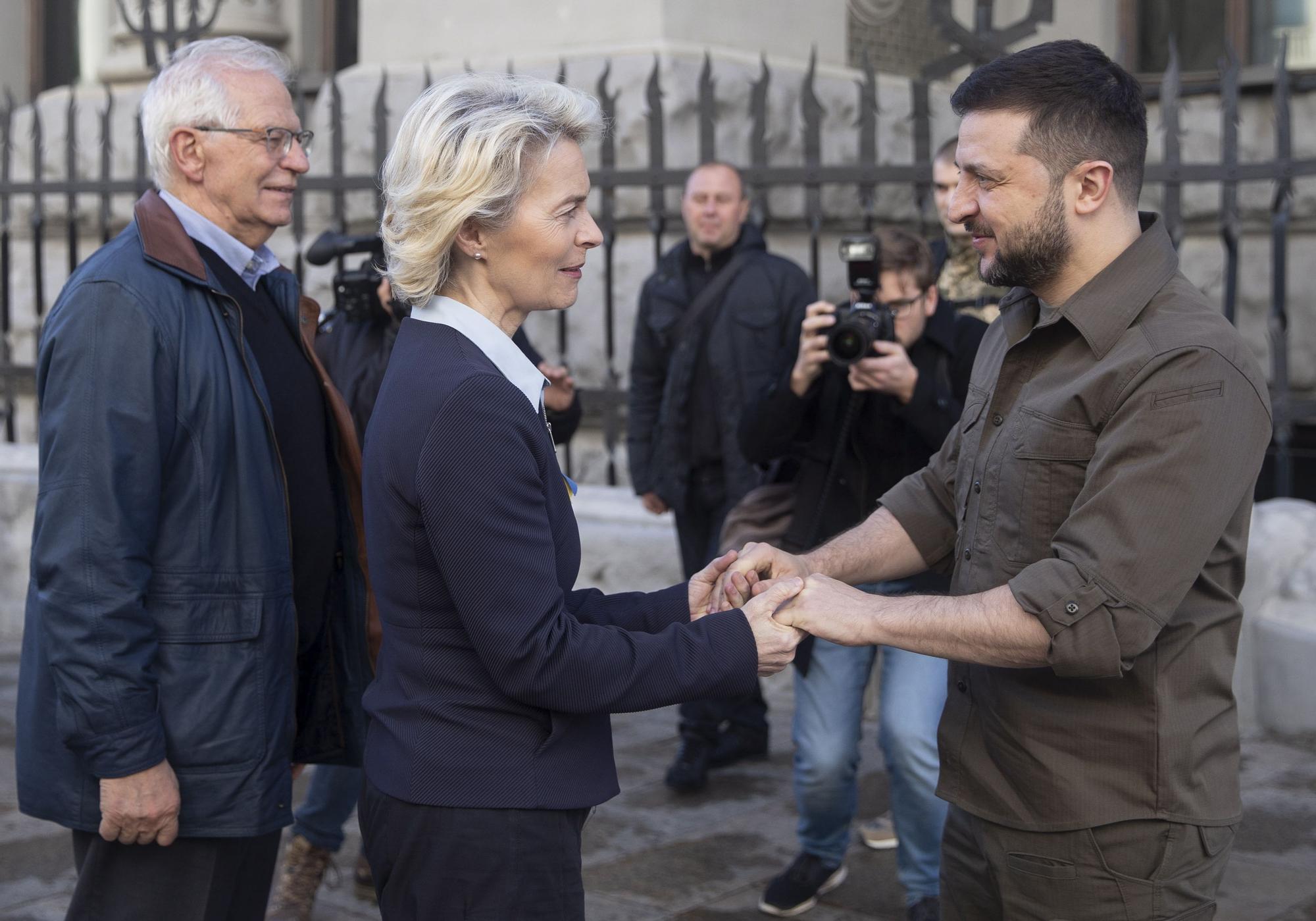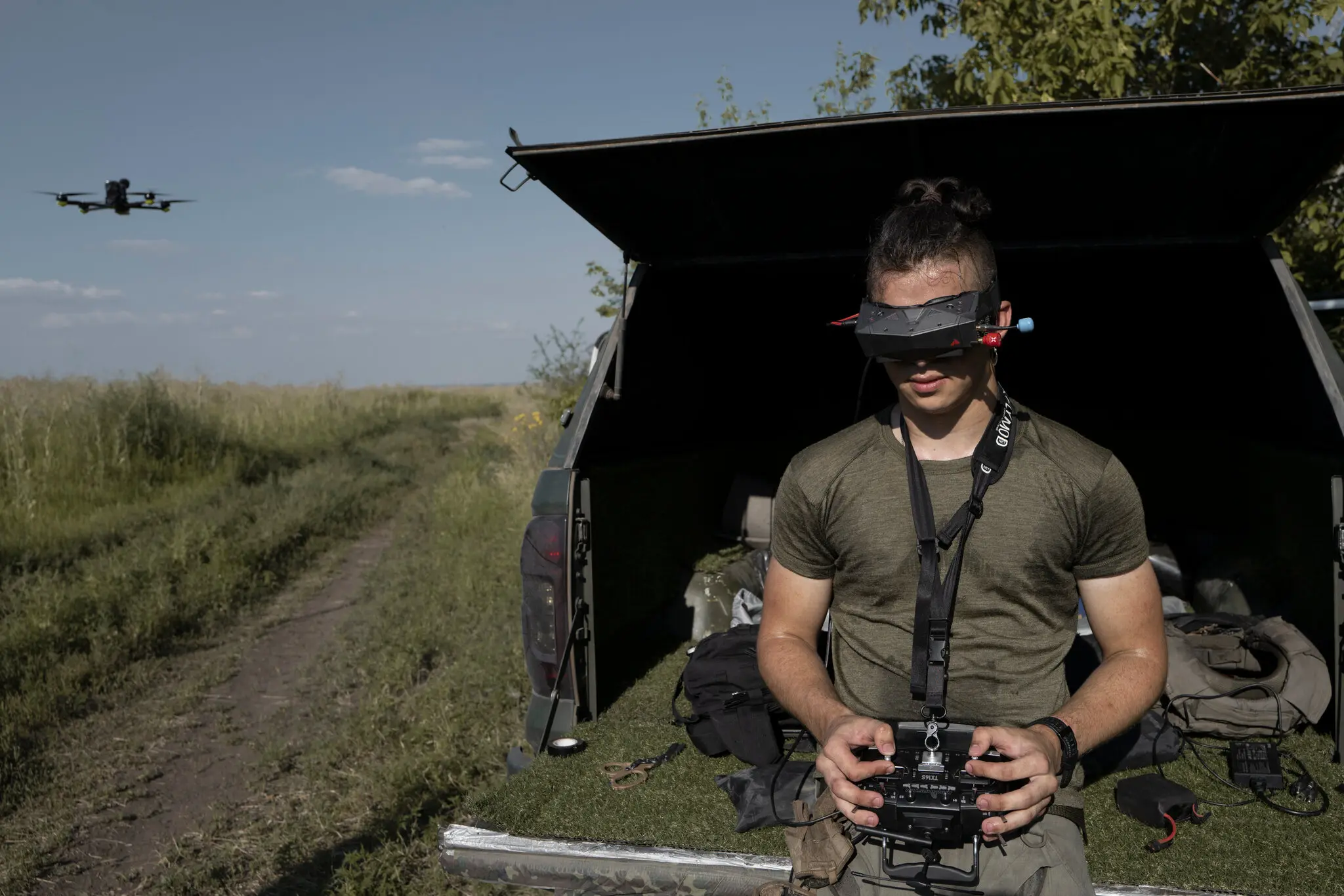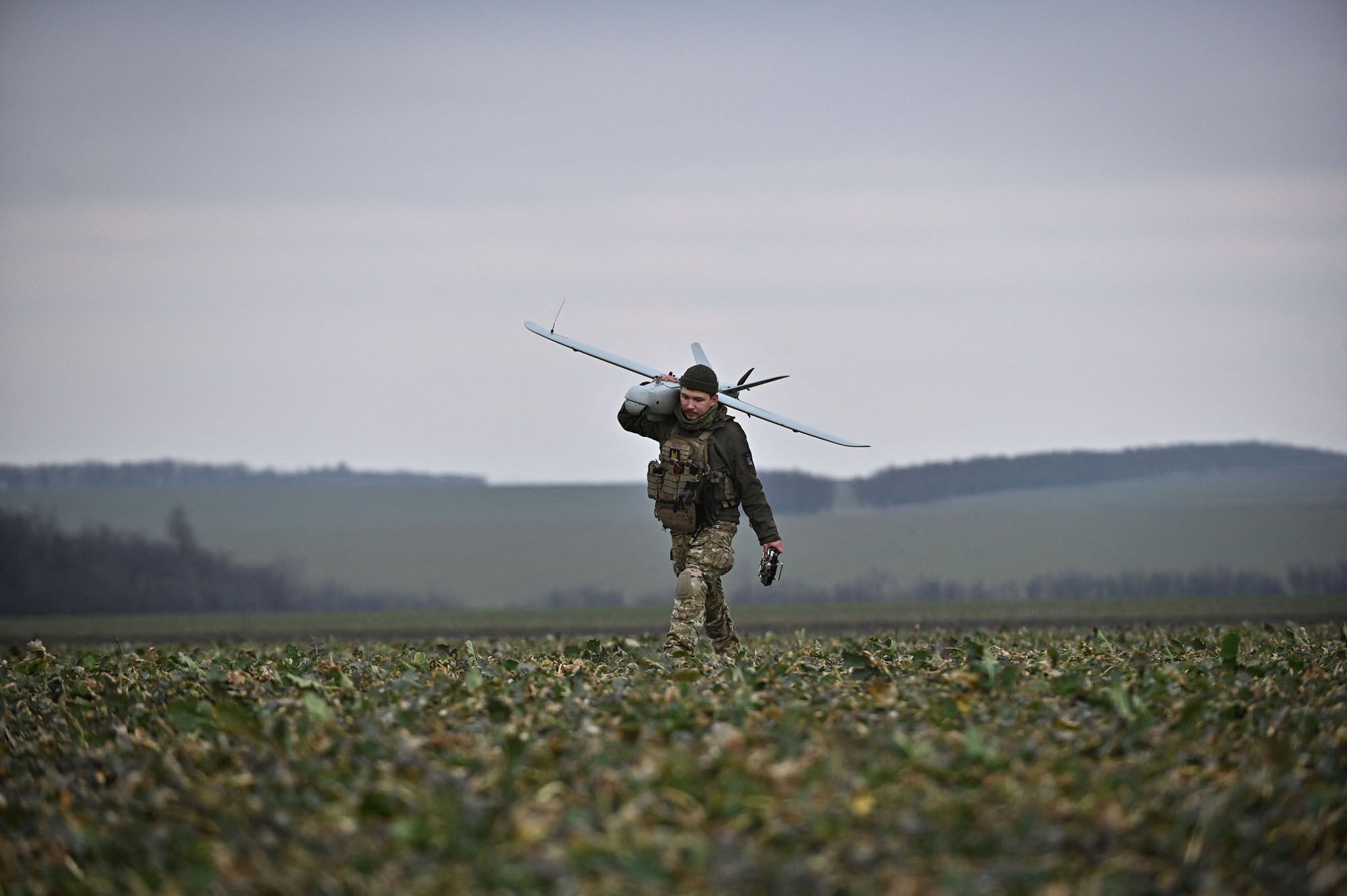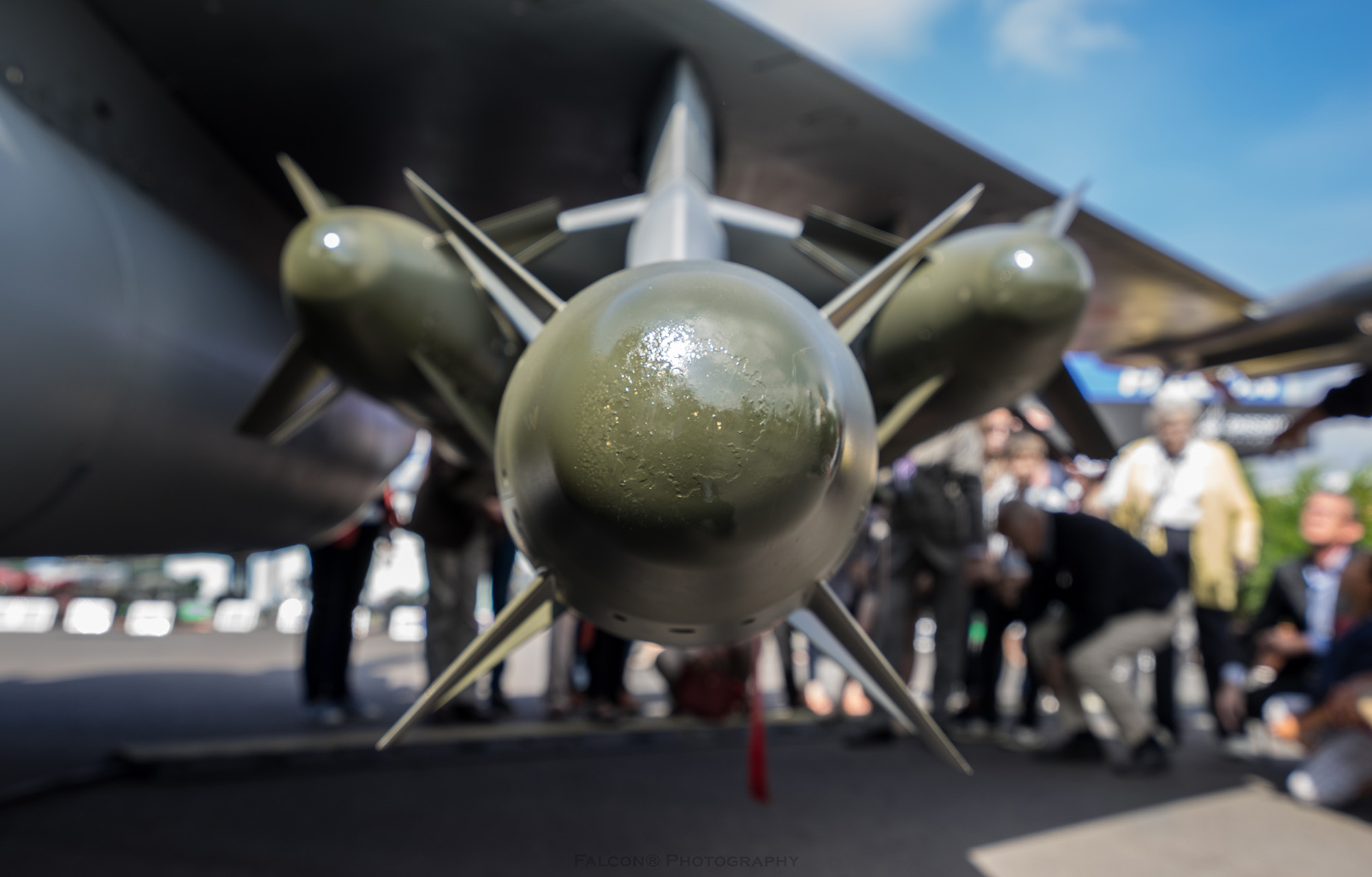The Russian economy has kept the penalties for the time being, but is linked to China
- It has been a year since Russia invaded Ukraine and the war does not seem to end in the short term. During this time, the West has imposed heavy sanctions on Russia from the forces, which allegedly would seriously damage its economy, but it has not. Journalist Romaric Godin, who brings economic issues in the French media Mediapartdos, analyzes the economic situation in Russia in the following article summarized by ARGIA.
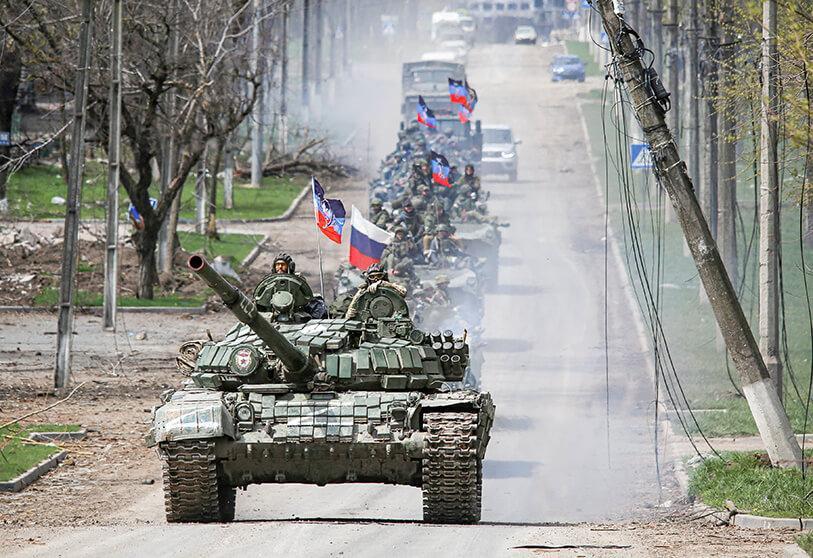
When the United States, the European Union and Japan began to impose economic sanctions a year ago, most of them considered their impact on the Russian economy to be very serious. For example, the French Minister of Economy, Bruno Le Maire, announced to the country an economic collapse. Many others forecast a 10% drop in their GDP. Neither, according to the International Monetary Fund, the Russian economy fell by only 2.2% in 2022, with an increase of 0.3% by 2023 and 2.1% by 2024. According to various analysts, growth in Russia will be higher than in France, Germany and the US in 2023.
Successful exports
What was the basis for international sanctions? Godin explains that, above all, they tried to provoke a deep financial crisis, isolating Russia from the international financial system; on the other hand, the shipment of important products to Russia was interrupted; and, finally, some Russian exports were limited, thus eliminating resources to their economy.
In any case, exports were not limited enough, as many Western countries need Russian raw materials. Some of these measures, however, have not been effective and the shortage of Russian products led to the increase in these products on the international market, which meant a significant economic income for Russia last March and April. Russian exports to the West fell from 58% to 32% in 2022, while Chinese exports increased by 43.4%.
Russia’s key to maintaining sanctions has therefore been the collection brought to it by the export and import balance, which in 2022 amounted to EUR 213,000 million (EUR 112,078 million in 2021). This result is due to two factors: the increase in the price of the various goods it exports and the increased sale in other markets, especially in Turkey, Kazakhstan, China and India. The other difference is that 45% of the Russian budget depends on energy exports.
Disobedience to sanctions
As Godin points out, many countries in the world reject penalties, which has also contributed a great deal to Russia. Many developing countries in recent decades offer market access to a medium-sized economy such as Russia (economic size similar to Italy but with a double population). The West used to occupy the world economy, but not today.
But it is not only a matter of these emerging countries as a power, many Western companies have not left Russia: images of the Russian closures of McDonald’s or Starbucks seemed that Western companies fled Russia in stock, but according to a study by the Swiss university of St. Gallen, only 8.5% of the companies in G7 and the EU have left the country.
Keynesianism of war
Of course, the sanctions have been effective in different areas, which has done damage to Russia. The lack of material forced several workshops to close their doors in Russia, especially in the early months of the war. As a result, and at the expense of export earnings, the Cremline war is immersed in Keynesianism, impregnating the country in money, Godin explains. According to the Bruegel think tank, Russia has allocated 3% of the budget to economic recovery by 2022. For Bloomberg, however, this would not only explain the 6% growth in investment in the economy, especially given that the consumption of citizens has decreased, both by the decrease in their income and by the increase in their savings – fear of the future. As a result, it appears that most of this investment has been used to fuel war. Russian arms factories work in 24 hours according to The Economist, and the country has increased its military spending budget by EUR 63bn.
Maintaining exports is therefore a key factor for the Russian economy, otherwise money will be lost quickly. However, according to the Russian Central Bank, the reserves reached EUR 601 billion on 3 February. “But the war is very expensive,” says Codin: “We must keep the arms factories, subsidize the transformation of civilian to military production and pay for the material.” In addition, the payment of soldiers, 2,457 euros per month, triple the Russian base salary.
The war is mainly based on the export of gas and oil, and Western penalties have focused on limiting those revenues, for example, by imposing a Russian oil cuba payment measure below $60. Last January the Russian budget recorded a deficit of 23.490 million, the highest since 1998 in one month. Russia is reducing a significant source of income due to lower commodity prices and reduced exports. “It does not seem easy to repeat the export performance of 2022,” says Godin.
Basic import problem
In order for Russia to have difficulties with exports, it will have to follow imports very closely to maintain its livestock, which is what the war finances. According to Godin, Russia of 2022 has tried to consolidate the strategy that in the 1960s and 1970s had reached him in South America: to industrialize the country to produce products that it brings from outside. But this path is long-term, especially for the tech industry, the weakest in the Russian economy.
In 2022, Russia has maintained the production of many goods, but the technological supply will be more complex, as 40% of the imports of technological products currently come from western countries, mainly from machinery, chemical, pharmaceutical and optical products. While these Western sources are cutting – in a year the export of German machines has fallen by 43.1% – imports from China are increasing; 73% of all Russian imports are now Chinese and above all industrial machines.
Russia wants to increase industrialisation in order to increase production, but, according to Godin, this is not so simple, because German machines are better for production than Chinese machines and also need Western-controlled semiconductors.
Towards the militarization of the economy
Russia must therefore increase its production and maintain imports. “But the war effort requires not only an increase in production but also of people,” and according to economist Jacques Sapir, the mobilisation of soldiers led to a 0.9% decrease in industrial production in 2022, “which means production has problems in the face of labour shortages.” And this affects the pressure of wage increases. The sanctions affect and although the Russian economy moves away from collapse, the impact is increasing: on the one hand, it has to manage the pressures exerted by the West so that raw material prices do not rise, on the other, it has to maintain key imports and, ultimately, face the contradictions between the war effort and the normal economy. All this leads Kremlin to militarize the economy.
At present, the Russian Central Bank maintains a level of autonomy that creates tensions between it and Cremlin. The central bank, for example, keeps interest rate increases and Kremlina wants them to go down. The central bank is committed to austerity, for example by opposing wage increases, and the government is tempted to generate money to finance the economy and strengthen social peace if export earnings drop.
China solution?
In the long term, both austerity and the generation of money by the government will have problems for Russia to finance the war. At the moment, their reservation may be sufficient, “but if the conflict is prolonged and the penalties are hardened, they will not be sufficient,” says Godin. It will have to look for resources elsewhere, and the only solution can be China’s huge monetary reserves, but not for free: “Beijing can make Russia pay for its expensive aid.” China may be interested in Russia’s huge resources in Siberia, provided that a dependent Russia offers it at a good price. And Mediaparte’s journalist believes that the beginning of this dependency may have already begun: “Russia’s military effort is already closely linked to China.”
Kursk is a historic region of Russia. He lived in peace until 6 August, when the Ukrainian army entered the city. About 15,000 men entered. Hundreds of tanks, armoured vehicles, artillery pieces, air defense radars… the most modern weapons that exist today, brought from all... [+]
Osasun artak biltzen ari da Pablo Gonzalez Moskun une honetan. Joan den astean, Poloniako Radomgo segurtasun handiko espetxetik atera zen kazetaria bi urte eta bost hilabeteko preso egon ondoan. Poloniak leporatzen zion espioitza frogatu gabe libre atera da.
The last elections have sent us a clear message. We Europeans do not want wars. Ukraine has to end and the politicians have to take steps in this direction as soon as possible. In France and Germany, the far-right has been loosely imposed and the reason is in the war in Ukraine:... [+]
Drones have become real stars of the war in Ukraine, but not so much in the traditional battlefield, but in a field that also corresponds to war, but which is very different: war propaganda. Moscow and Kiev use the videos recorded by unmanned aircraft to feed their information... [+]
















